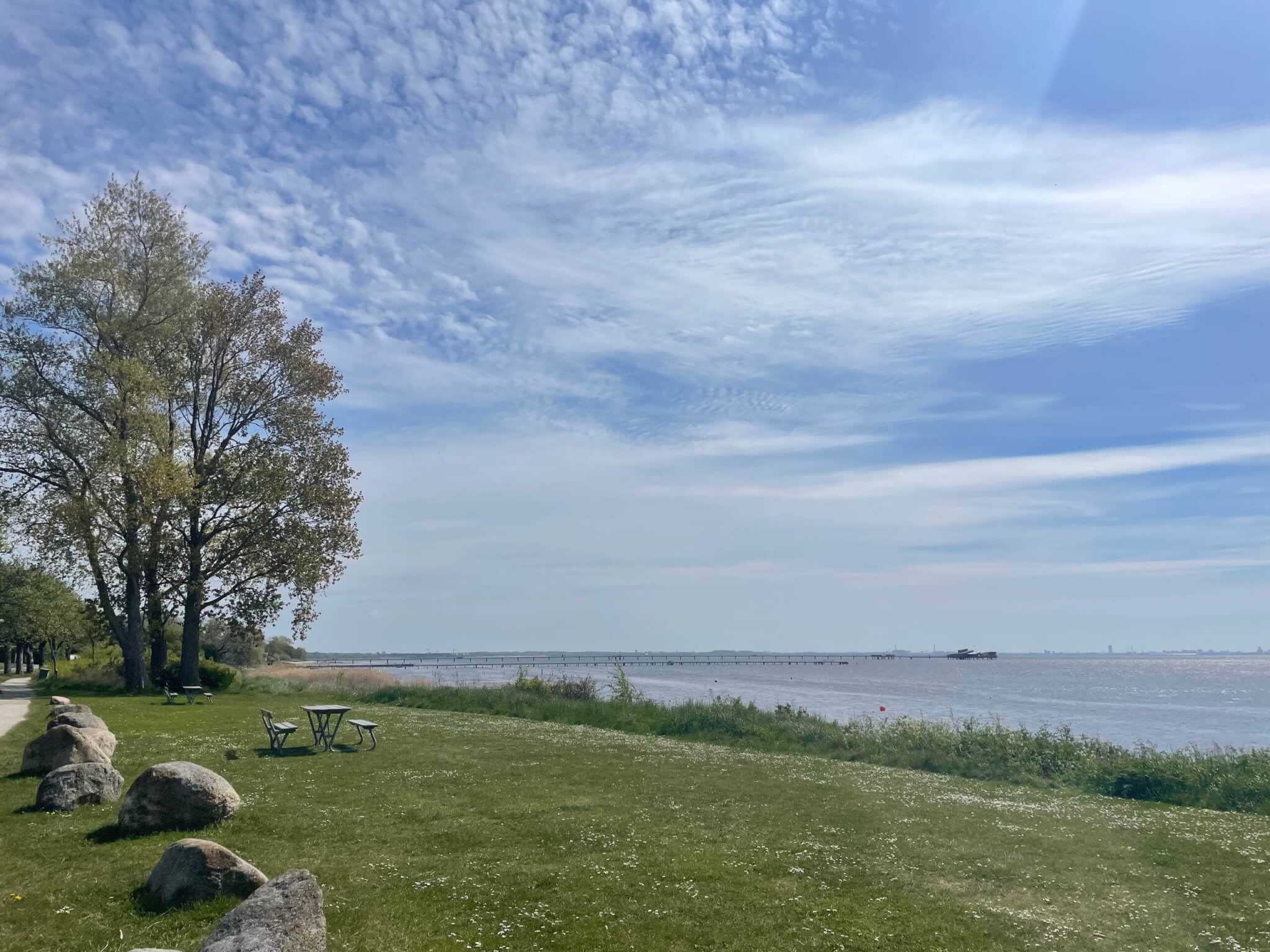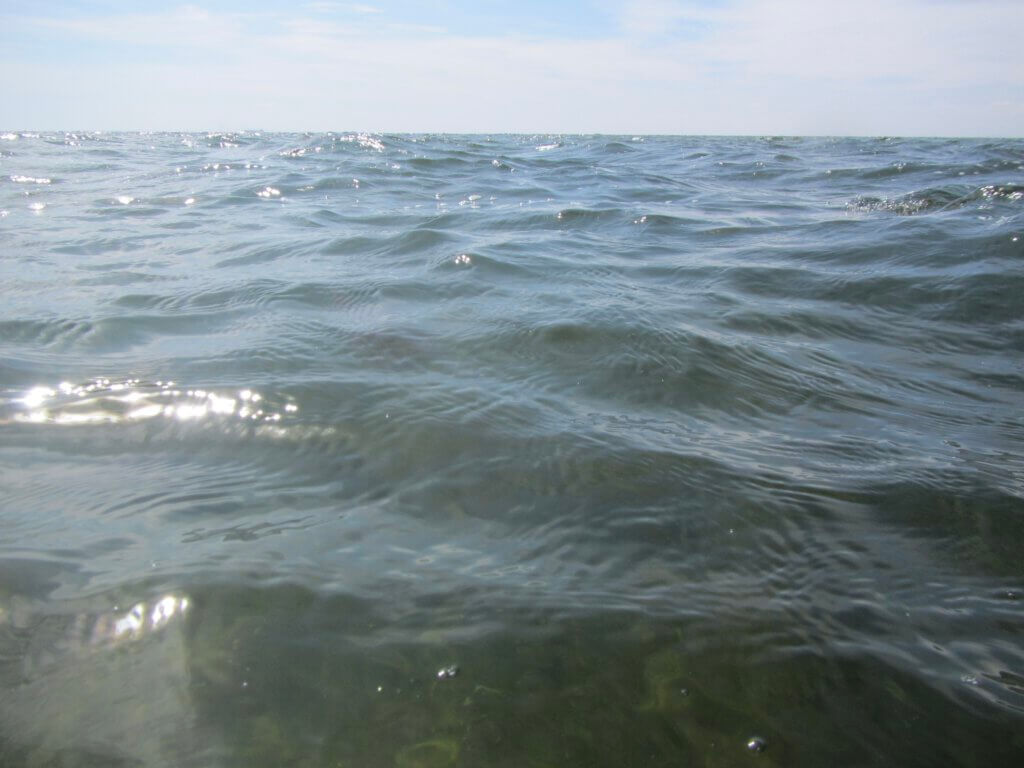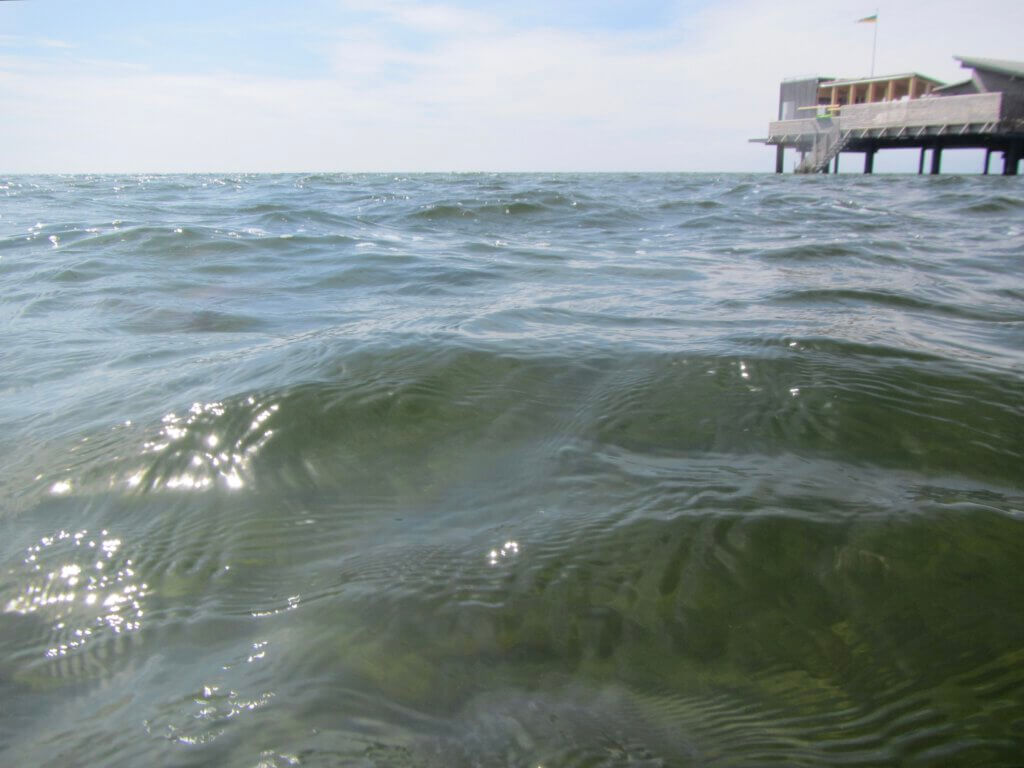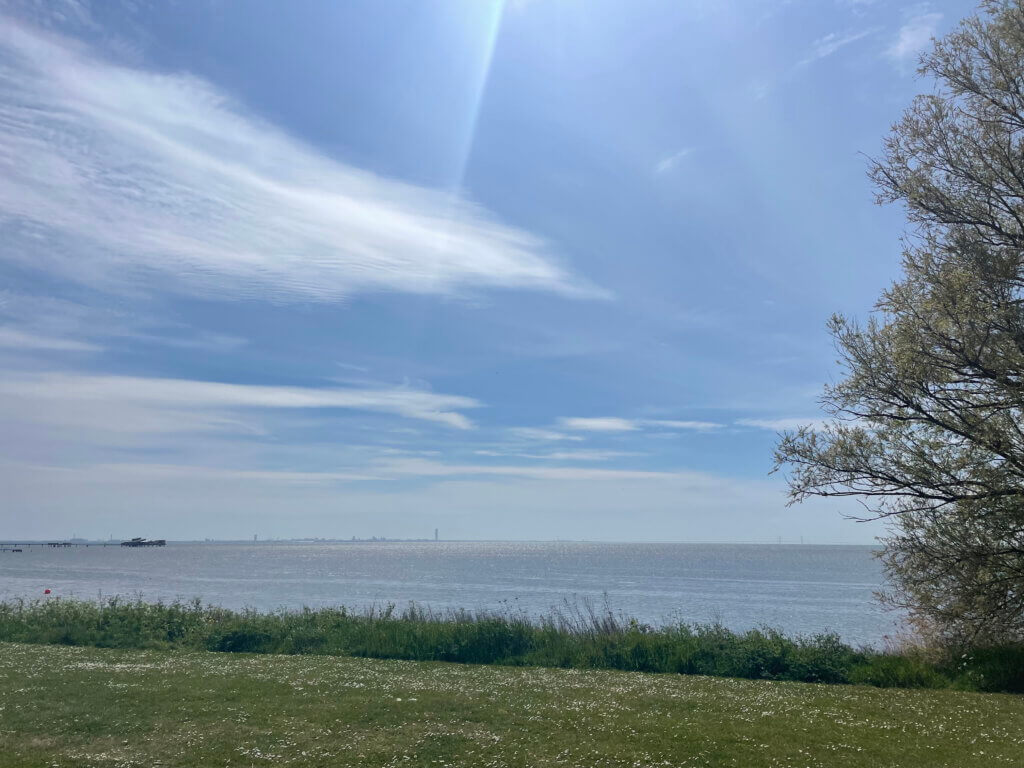
Currently reading Ferguson (2025) on “Norwegian higher education teachers’ beliefs about teaching, motivation, and approaches to researching and developing teaching”
I recently interviewed a bunch of teachers about thresholds they have faced and overcome, or are still facing, regarding teaching for sustainability. One question was where they would turn for inspiration and support if they wanted to develop their teaching. Despite me asking this clearly in my role as academic developer in their institution who is teaching courses for teachers about teaching for sustainability, the overwhelming majority of teachers did not mention any formalized support structures but said they would go straight to colleagues who were experts on the content they wanted to teach about.
While this was a bit frustrating (but at least I did not have a problem with people responding in a socially desirable way!), this seems to be a very common approach to improving teaching. In their study on “Norwegian higher education teachers’ beliefs about teaching, motivation, and approaches to researching and developing teaching”, Ferguson (2025) also find that university teachers chose “alternative and personal sources of teaching knowledge” over academic development opportunities, text books, or other formal sources.
This is interesting because in Norway, there has been a lot of interest in developing teaching over the last decade or so, which I have benefitted from both through my employment in the Centre of Excellence in Education iEarth and later our own project, #CoCreatingGFI. And there is a lot of effort in running workshops and seminars and all kinds of stuff! So in this context, Ferguson (2025) investigates teacher beliefs, “experience-based preconceptions held by teachers that influence their practice by merit of their role in teachers’ framing and interpretation of activities and actions, spanning from interactions with students, to evaluation and ICT, as well as whether and how they use educational research literature“.
Ferguson (2025) investigates three different groups of beliefs:
- Sources of teaching knowledge: this agrees with what I also found, that teachers prefer personal sources over literature or organised academic development opportunities, and they see course development as private and informal.
- Teachers’ motivation: this influences of course how teachers engage in teaching and whether they invest time and effort into systematic development of their teaching. Interesting side note here is that there is a taboo for researchers to ask colleagues about how motivated they are to do their job, so there is not a whole lot of research available here. But in this study at least, participants report moderate-to-highly motivation for teaching.
- Teaching research and development: this of course depends a lot on context, e.g. whether there are trusted conversation partners around, what support the institution offers in terms of development, funding or practical support of teaching, and many more. Overall, teachers preferred to develop their teaching through conversations with colleagues and students, which can become problematic if those conversations don’t seek out or allow for external inspiration and input. But institutional offers were at least not unpopular (and the more people liked formal sources of knowledge, the more they also liked such offers).
The conclusion for teaching development is then to support collegial teaching groups and mentoring, and maybe support the groups with external inspiration and input through, for example, academic developers. Which is what we are working on, for example the seminar I gave today was an invited seminar to a regular group lunch meeting where they were looking for input on their teaching, and that’s also what we are doing with #CoCreatingGFI, so it seems we are on a good track! :)
Addition on 18/5/2025: I just read Ödalen et al. (2018) on “Teaching university teachers to become better teachers: the effects of pedagogical training courses at six Swedish universities”. They find that teacher trainings help most (as in change teachers towards a student-centered approach, which they then assume means facilitating a deep approach to learning for students) when teachers have 1-3 years of teaching experience. Less than that, it seems to be difficult to apply new knowledge to teaching situations, more than that, people are too set in their ways. So maybe the most important thing we can do in our introductory courses (which are mandatory for PhD students with teaching responsibilities) is to make sure we become part of their personal network so they want to talk with us later on and don’t see us as mandated external conversation partner?
In other news: Pictures below are from when it was starting to feel like summer and I was so excited about all the leaves on the tree. These pictures are a couple of days old, it’s so much more summer now already!
And the water is beautiful as always. Love how each larger wave has this group of capillary waves running right in front of its crest!
Also interference of capillary waves always looks so cool!
And sun on water
So glad it is almost summer! Also interesting how on some days you see the Turning Torso in Malmö and the Öresund Bridge so clearly and on others they are gone in the fog…
Ferguson, L. E. (2025, January). Norwegian higher education teachers’ beliefs about teaching, motivation, and approaches to researching and developing teaching. In Frontiers in Education (Vol. 9, p. 1452854). Frontiers Media SA.
Ödalen, J., Brommesson, D., Erlingsson, G. Ó., Schaffer, J. K., & Fogelgren, M. (2018). Teaching university teachers to become better teachers: the effects of pedagogical training courses at six Swedish universities. Higher Education Research & Development, 38(2), 339–353. https://doi.org/10.1080/07294360.2018.1512955




